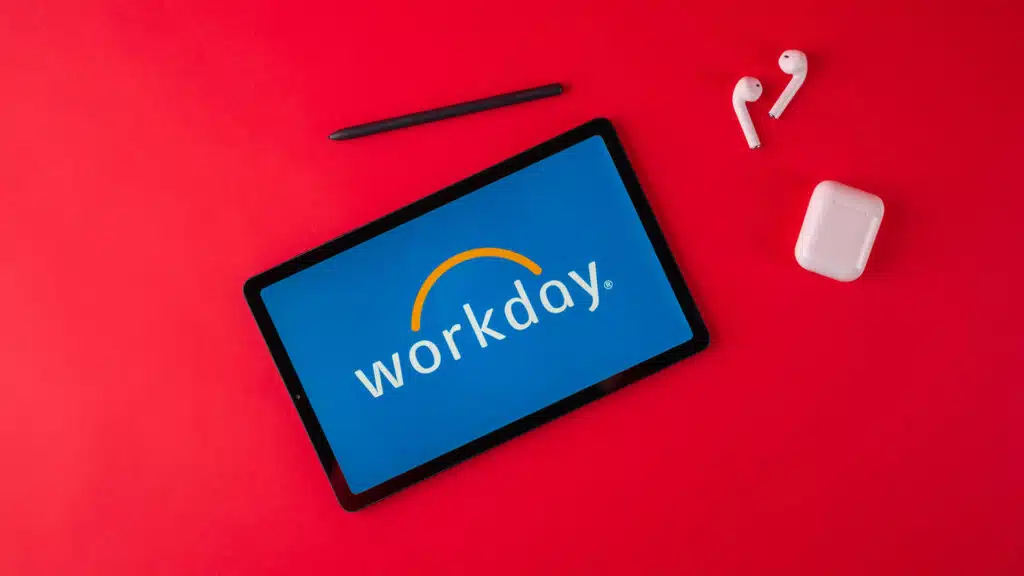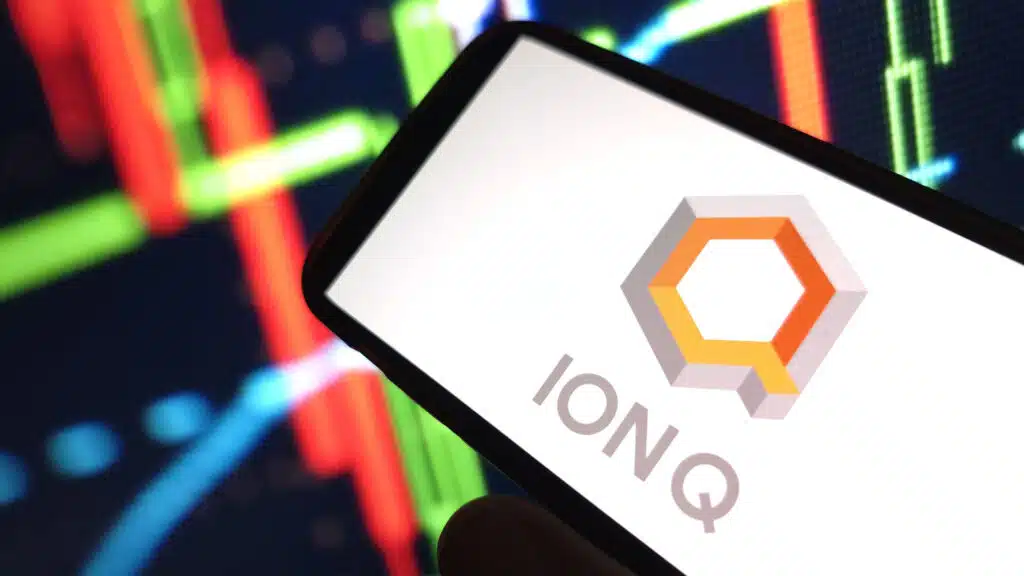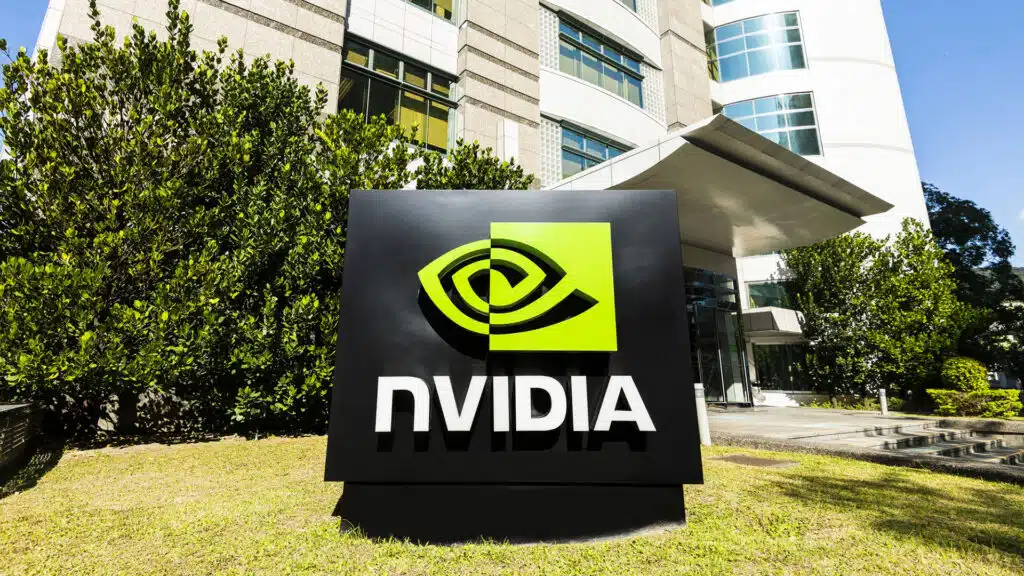The News: Google announced at its annual Cloud Next conference that Duet AI for Google Workspace is now generally available, offering users a collection of generative AI features for text summarization, organizing data, content generation, and other capabilities. Further, the company also announced that Duet AI in Google Cloud – which is still in preview with general availability set for later in 2023 – will allow enterprises to expand and enhance their software development environment.
You can read the press release with the details on Duet AI within Workspace here, or read about the expansion of Duet AI into Google Cloud here.
Analyst Take: Google made several new product and feature set announcements at its Cloud Next 2023 conference, with many focused on the integration of AI across the company’s range of Cloud offerings. Among the most interesting announcements from an enterprise front-end perspective is that Duet AI, Google’s AI-based assistant technology, is now generally available within Google Workspace, and organizations with one of the many eligible Google Workspace editions can add the Duet AI offering to their account via the admin console or through their Sales team and gain immediate access to Duet AI in Workspace within 24 hours.
According to Google, thousands of companies and more than 1 million testers have used Duet AI as a powerful collaboration partner to help guide them, serve as a catalyst for inspiration, and improve their productivity. Like other AI products that are touched by end-users, Google notes that it provides every user and organization with granular control over their data, and robust security frameworks.
AI Companion Apps to Improve Productivity and Efficiency
Google’s Duet AI for Workspace announcement is a reflection that generative AI tools are quickly becoming table stakes for enterprise productivity application suites. As anyone who has played around with the public versions of Bard or ChatGPT are aware, these tools can provide an immediate productivity boost, although in raw prompt form, require a significant amount of pre- and post-prompt work to make the outputs usable in a business setting.
Vendors such as Google, Microsoft, and others, have realized that workers and enterprises can reap significant benefits from generative AI, but require specific tools and functions that ensure the right information is provided consistently. The marketing of these Duet AI tools as assistants is also a key strategy for setting proper expectations; the technology landscape is littered with the broken promises of technologies that were simply overburdened by unrealistic expectations of their capabilities.
Google’s embrace of generative AI as a companion technology for enterprise workers in a relatively short period of time – these types of tasks were barely on anyone’s radar just a few quarters ago – helps to position Workspace among the leaders in the market, in terms of viable utilization of generative AI technology, helping enterprises extract real-world ROI.
Google to Leverage Duet AI as a Collaborator for Development Tasks
Duet AI for Google Cloud is now in preview, and is being positioned as a technology that can provide AI assistance across a wide range of Google Cloud products, services, and users, including developers, operators, data practitioners, and cybersecurity professionals.
For enterprises that use Google Cloud, Duet AI will be able to provide AI assistance to help with application development, operations, database management and migration, data analysis and visualization, as well as cybersecurity.
Duet AI in Google Cloud will offer expert assistance across the entire software development lifecycle, including code generation, source citation, test coverage, designing and publishing APIs, migrating applications, and modernizing applications. Duet AI also will let developers use natural language to understand complex code and APIs, follow best coding practices, and quickly generate unit tests, and in select enterprises, will support context-aware content generation.
Using Duet AI in Google’s integration services, including Apigee API Management and Application Integration, developers will be capable of easily designing, creating, and publishing APIs using natural language prompts.
Duet AI within Google Cloud will also help developers and engineers monitor performance and troubleshoot issues quickly with monitoring and logging integrations, using natural language prompts to create queries, while also using the generative summarization capabilities to provide explanations of complex log entries or for generating suggestions on how to fix problems surfaced in error reporting.
For business analysts, Duet AI can be leveraged to unlock insights in data, via BigQuery, as well as within Looker. Both solutions are designed to leverage the power of generative AI to enable more natural data queries, and quickly summarize, analyze, and surface data that can be automatically generated into reports.
Safeguards Around Using Generative AI for Development Tasks
Among the key concerns with using generative AI to handle coding and application development tasks are copyright infringement and the possibility that these tools may not adhere to development best practices, which can result in faulty code or security holes. Google says that it trained and fine-tuned the AI foundation models with Google Cloud-specific content such as documentation and code examples, and Duet AI will properly cite the sources for its code suggestions. Further, Google says that inputs to Duet AI, and any recommendations generated by Duet AI will not be used to train any shared models nor used to develop any products.
Disclosure: The Futurum Group is a research and advisory firm that engages or has engaged in research, analysis, and advisory services with many technology companies, including those mentioned in this article. The author does not hold any equity positions with any company mentioned in this article.
Analysis and opinions expressed herein are specific to the analyst individually and data and other information that might have been provided for validation, not those of The Futurum Group as a whole.
Other insights from The Futurum Group:
Google Cloud NetApp Volumes Is Launched
Previewing Google Cloud Next ’23 – Six Five On the Road
Google Search Generative Experience: Will Gen AI Impact Search?
Author Information
Keith Kirkpatrick is VP & Research Director, Enterprise Software & Digital Workflows for The Futurum Group. Keith has over 25 years of experience in research, marketing, and consulting-based fields.
He has authored in-depth reports and market forecast studies covering artificial intelligence, biometrics, data analytics, robotics, high performance computing, and quantum computing, with a specific focus on the use of these technologies within large enterprise organizations and SMBs. He has also established strong working relationships with the international technology vendor community and is a frequent speaker at industry conferences and events.
In his career as a financial and technology journalist he has written for national and trade publications, including BusinessWeek, CNBC.com, Investment Dealers’ Digest, The Red Herring, The Communications of the ACM, and Mobile Computing & Communications, among others.
He is a member of the Association of Independent Information Professionals (AIIP).
Keith holds dual Bachelor of Arts degrees in Magazine Journalism and Sociology from Syracuse University.







